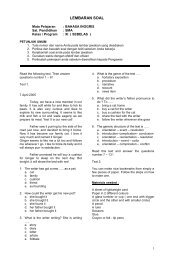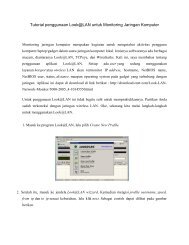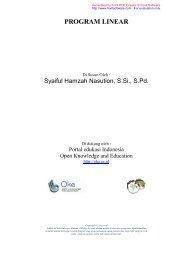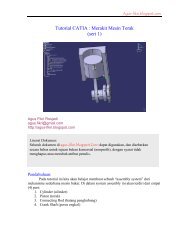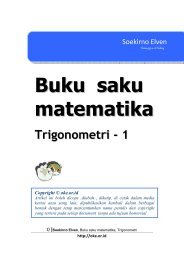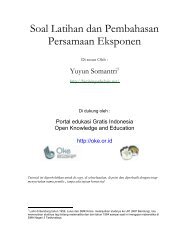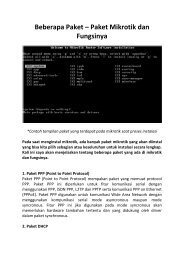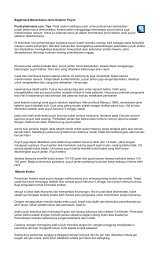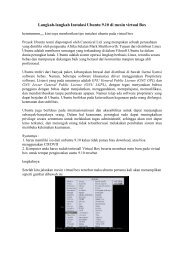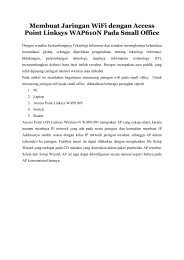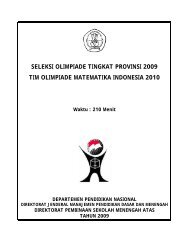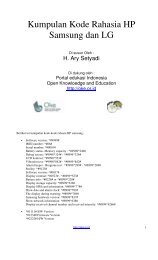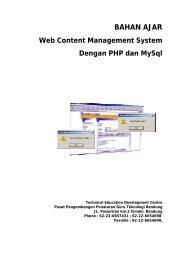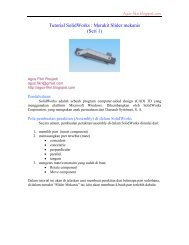british mathematical olympiad british mathematical olympiad
british mathematical olympiad british mathematical olympiad
british mathematical olympiad british mathematical olympiad
Create successful ePaper yourself
Turn your PDF publications into a flip-book with our unique Google optimized e-Paper software.
BRITISH MATHEMATICAL OLYMPIADRound 2 : Wednesday, 23 February 2000Time allowed Three and a half hours.Each question is worth 10 marks.Instructions • Full written solutions - not just answers - arerequired, with complete proofs of any assertionsyou may make. Marks awarded will depend on theclarity of your <strong>mathematical</strong> presentation. Workin rough first, and then draft your final versioncarefully before writing up your best attempt.Rough work should be handed in, but should beclearly marked.• One or two complete solutions will gain far morecredit than partial attempts at all four problems.• The use of rulers and compasses is allowed, butcalculators and protractors are forbidden.• Staple all the pages neatly together in the top lefthand corner, with questions 1,2,3,4 in order, andthe cover sheet at the front.In early March, twenty students will be invitedto attend the training session to be held atTrinity College, Cambridge (6-9 April). On thefinal morning of the training session, studentssit a paper with just 3 Olympiad-style problems.The UK Team - six members plus one reserve- for this summer’s International MathematicalOlympiad (to be held in South Korea, 13-24 July)will be chosen immediately thereafter. Thoseselected will be expected to participate in furthercorrespondence work between April and July, andto attend a short residential session before leavingfor South Korea.BRITISH MATHEMATICAL OLYMPIAD1. Two intersecting circles C 1 and C 2 have a common tangentwhich touches C 1 at P and C 2 at Q. The two circles intersectat M and N, where N is nearer to PQ than M is. Prove thatthe triangles MNP and MNQ have equal areas.2. Given that x,y,z are positive real numbers satisfyingxyz = 32, find the minimum value ofx 2 + 4xy + 4y 2 + 2z 2 .3. Find positive integers a and b such that( 3√ a + 3√ b − 1) 2 = 49 + 20 3√ 6.4. (a) Find a set A of ten positive integers such that no sixdistinct elements of A have a sum which is divisible by 6.(b) Is it possible to find such a set if “ten” is replaced by“eleven”?Do not turn over until told to do so.



